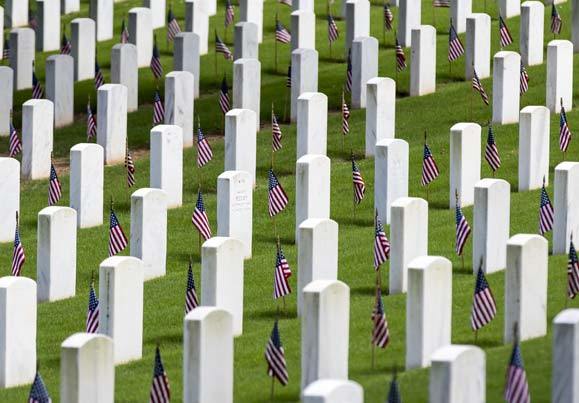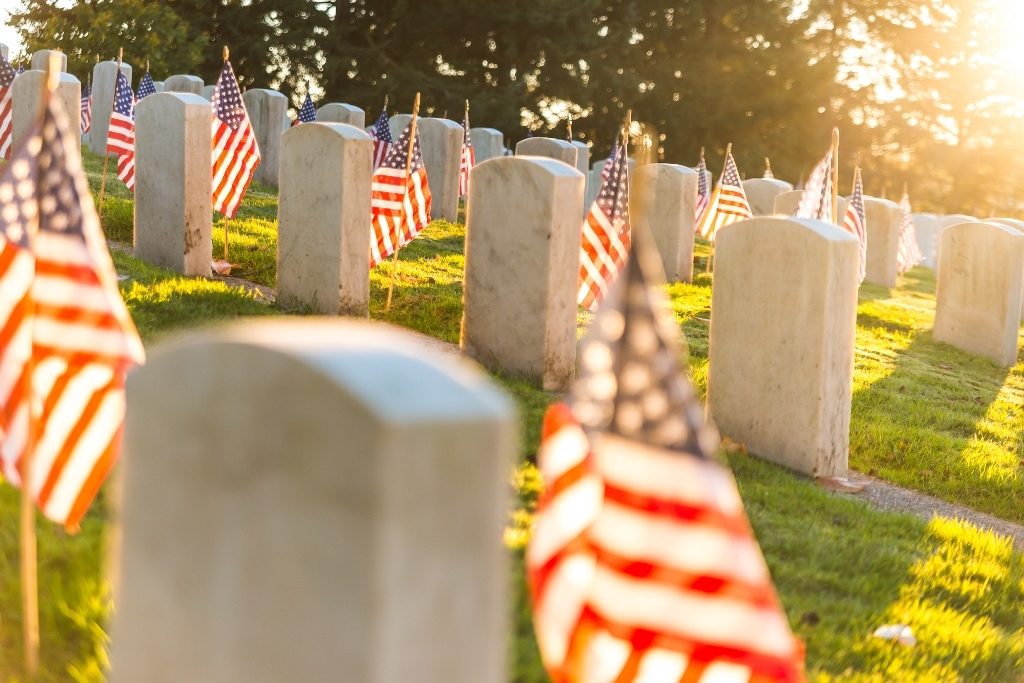
Funerals are always difficult. Emotions are closer to the surface. Add to that the struggles and intricacies associated with relationships. Dealing with either family discord or difficult people at an already difficult time is incredibly taxing. If you’ve lost someone you love, you are already feeling a wide ranges of emotions: shock, denial, fear, confusion, guilt, regret, sadness. You may not feel that you have energy left to deal with difficult people or situations.
Family discord or interactions with difficult people can happen at any stage of the funeral process. It may be that you and a sibling disagree on the best way to honor your parent’s life. It could be that someone you have intentionally avoided will be coming to the funeral service. No matter the details of your particular situation, you feel your stress levels rising when you think about the funeral. If this resonates with you, take a moment to review some thoughts on how to navigate these tricky moments.
1. Be aware of your emotions.

Our emotions are a gift, but they are also our responsibility. They tell us how we feel, but they do not always reflect the truth about a situation. We need to examine whether our feelings are based on faulty assumptions or based on real facts.
As we deal with family discord or difficult people, we need to be mindful of our emotions and what they are telling us. But more importantly, we need to ask, are my emotions a reflection of reality or a result of my potentially faulty conclusions? In other words, am I thinking clearly or through an emotionally-blurred lens? It’s important to answer these questions before taking the offensive against family members during a very emotional time. Remember – you control your emotions; they do not control you.
2. Find ways to compromise.

It’s important to find a way to compromise. In some cases, family members may disagree about funeral arrangements for a lost loved one. Some may prefer cremation and others burial. And if cremation is chosen, what happens to the ashes? Who decides? This is one reason why it’s so important to plan ahead for funeral arrangements, so that family members left behind don’t have to stress over what to do. They can have confidence in what their lost loved one wanted. But in the absence of a plan, find ways to compromise so that everyone gets a little of what they want.
And if you’re attending a funeral where you will see a certain family member you’ve been avoiding, remember what the service is all about. Don’t let a past wound keep you from getting what you need from the funeral service. Whether or not there is a possibility to repair the relationship, try to forgive the person for your own peace of mind.
3. Choose your words thoughtfully.

We should weigh our words in every situation, especially during a time of loss. Those who speak out of anger or pain are usually reacting to people or situations, and may say something hurtful that they later regret. Often, if you feel the tension rising with family members, words spoken in anger will only make things worse. It’s important to stand up for yourself and express your opinion without attacking the position of others. Try to really listen to what others are saying and see things from their perspective before responding. Start your statements with “I feel” or “I think” rather than “You always do this” or “You make me so mad!” Using “I” instead of “You” statements will help you take responsibility for your emotions without accusing others and putting them on the defensive, which could escalate an already tense situation.
4. Discover what helps you cope with stress.

Know yourself and what you need in order to cope with stress. We should always be students of ourselves and of other people, seeking to understand why we and others act or react in certain ways. What calms you down? What is your outlet or release? For some, it’s painting or writing, working out, being alone for a while, or spending time with specific people who bring life and comfort.
As you approach a situation that may be difficult, do what you need to do beforehand to bring your stress levels down. Think about appropriate ways to express your grief. Don’t bottle up your grief, but channel it appropriately. If you do feel the need to express your grief vocally, go to a room by yourself (or with a safe person) and scream or cry if you need to.
5. Try to take the higher road.

When dealing with a difficult person, the last thing we often want to be is “nice.” If you and a sibling are arguing over a parent’s final wishes for the funeral service, you are likely more irritated than kindhearted at the moment. But that’s why it’s so important to look for a way to be kind.
As you look for a way to be gracious to the ones in the situation who are difficult, rude, discourteous, or any other vast array of possible adjectives, by looking for a way to be kind, you may even change the direction of the conversation. Even if others don’t respond back to you in kindness, you can look back at the funeral for your loved one and say, “I did my best in a difficult situation.”
In life, conflict is unavoidable. How we deal with it is what truly matters. If you are looking for a way to avoid family discord or an uncomfortable situation at a funeral, one option is to talk with your elderly, living relatives about making advance funeral arrangements. Or at the very least, encourage them to write down what they would like to be included in a celebration of their life. This will be a valuable opportunity for families to get on the same page regarding future events and prevent as much disagreement as possible.









 An honorably discharged veteran is eligible to be buried in one of Veterans Affairs’
An honorably discharged veteran is eligible to be buried in one of Veterans Affairs’